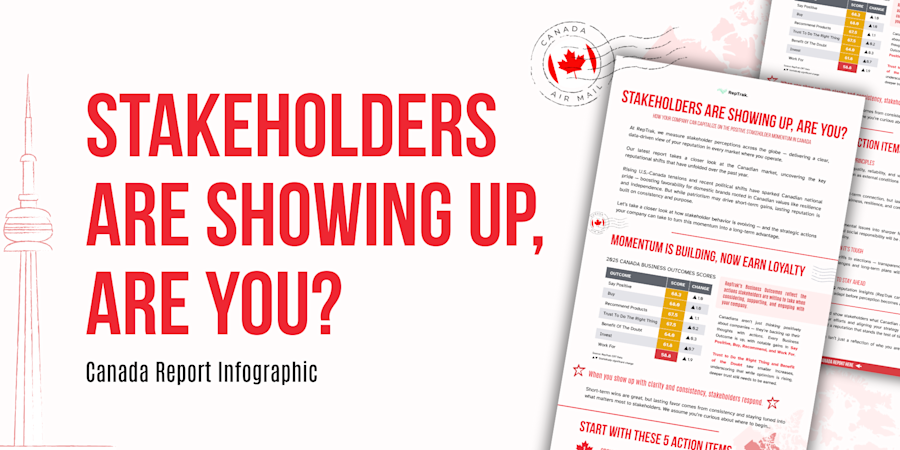Smart Work Provides a Smart Boost for Company Reputations
Blog Post24 Jun, 2020
When the COVID-19 pandemic struck the north of Italy in late winter, the government quickly established what soon would be a common playbook for much of the world, imposing a nationwide lockdown to contain the spread of the disease. Within weeks, a full 68% of Italian workers were working from home, giving many Italian companies and workers alike their first taste of telework and its counterpart of the future, smart work.
Though both systems involve a remote workforce, they differ significantly. Teleworking is designed to mimic the experience of being in an office, with set business hours and a common set of technology tools. Smart work, on the other hand, offers flexibility and autonomy: workers choose their location (typically either their homes or coworking spaces), as well as their working hours and preferred tools.
Smart work, known in Italy as “agile work” or labor agile, has been enshrined in the country’s labor laws since 2017, yet until recently it was far less common than in neighboring nations. Pre-pandemic, only 5% of Italian employees were in smart work environments—one-fourth the rate of neighboring France—even though 15% of Italian workers had the opportunity to participate.
As the country begins reopening many shuttered segments of its economy, it’s worth looking at how Italy's sudden and unanticipated experiment in remote work has fared, and what lessons it holds for the future of work and the reputations of employers across the globe.
A challenging pivot
Italy, like other countries in Europe, has long prided itself on balancing productive work with ample leisure time. Even so, recent data has found that Italian firms were ill-equipped culturally to handle this rapid transition to remote work.
To begin with, only 51% of respondents to a recent RepTrak survey said they possessed an adequate home office setup, including appropriate technology and a dedicated work space. Even worse, only 41% felt that their employers were technologically equipped to manage a remote workforce effectively.
Some of this reflects simple workplace scheduling habits, like managers failing to include break times in between back-to-back online meetings (akin to giving staff sufficient time to walk down the hall of a physical office), or booking meetings during lunch hours, even though colleagues—some of whom may be taking care of children or sick family members—now may be operating on different schedules.
Work/life balance was a major concern, with 74% of respondents finding it difficult to maintain the appropriate boundaries, and 72% felt isolated from their colleagues due to the new setup. Perhaps most alarming, 65% said they felt less aligned with their company’s strategic mission.
These results highlight an internal communications challenge, but not an insurmountable one. Internal events, such as online CEO presentations to staff, and enterprise social networks like Slack and Microsoft Teams, can help keep colleagues in sync with one another and with their company’s mission.
In contrast to the usual anecdotes of successful, long-term remote workers, only 42% of respondents said they were actually more productive working at home than when they were in a physical office.
A surprising reputation boost
Despite these widespread concerns, Italian companies generally have earned high marks for their performance during the pandemic. Overall Reputation Scores jumped a full two points from January to a high of 68.1 in the middle of the crisis in March.
Why would stakeholders think more highly of companies, considering the rocky work-from-home implementations? Simply put, from the earliest days of the pandemic, the Italian public has expected companies to focus on the safety of their employees and communities above all other priorities. In fact, the balance of the seven Drivers of Reputation in Italy has undergone a monumental shift, with Products and Services slipping in importance by a full 25% from January to April in favor of Workplace, Citizenship, and Governance Drivers.
Transitioning to remote work, therefore, sent a clear signal of Italian companies’ concern for their employees’ well-being. Overall Workplace Reputation Scores among Italian companies jumped a whopping 4.4 points from January to April, and Citizenship and Governance scores rose 2.4 and 2.2 points, respectively.
What’s more, those companies that offered smart work opportunities to their employees enjoyed an average 3.8 reputation point boost overall. Successful smart work implementations support all three of the crucial Drivers that speak to corporate responsibility: Caring for the well-being of employees (Workplace), a positive impact on the community (Citizenship), and ethical corporate behavior (Governance).
More than remotely possible
Italy’s tenfold jump in remote working probably represents a much higher shift than in countries where pre-pandemic remote work already was more common. Given that the pandemic may continue indefinitely, the Italian experience in remote work offers important lessons that employers around the world would be wise to heed.
Ninety percent of survey respondents expect to see further changes, including a continuing shift from telework to smart work. A successful transition that allows for flexible hours and working conditions, appropriate technology, and enhanced internal communications can yield a workforce that is better motivated, more closely aligned with their companies’ strategic goals, and more productive.
Even better, those companies that respond effectively can expect to receive a reputation uplift from these efforts as well.
Michele Tesoro-Tess Executive Vice President – EMEA The RepTrak Company






